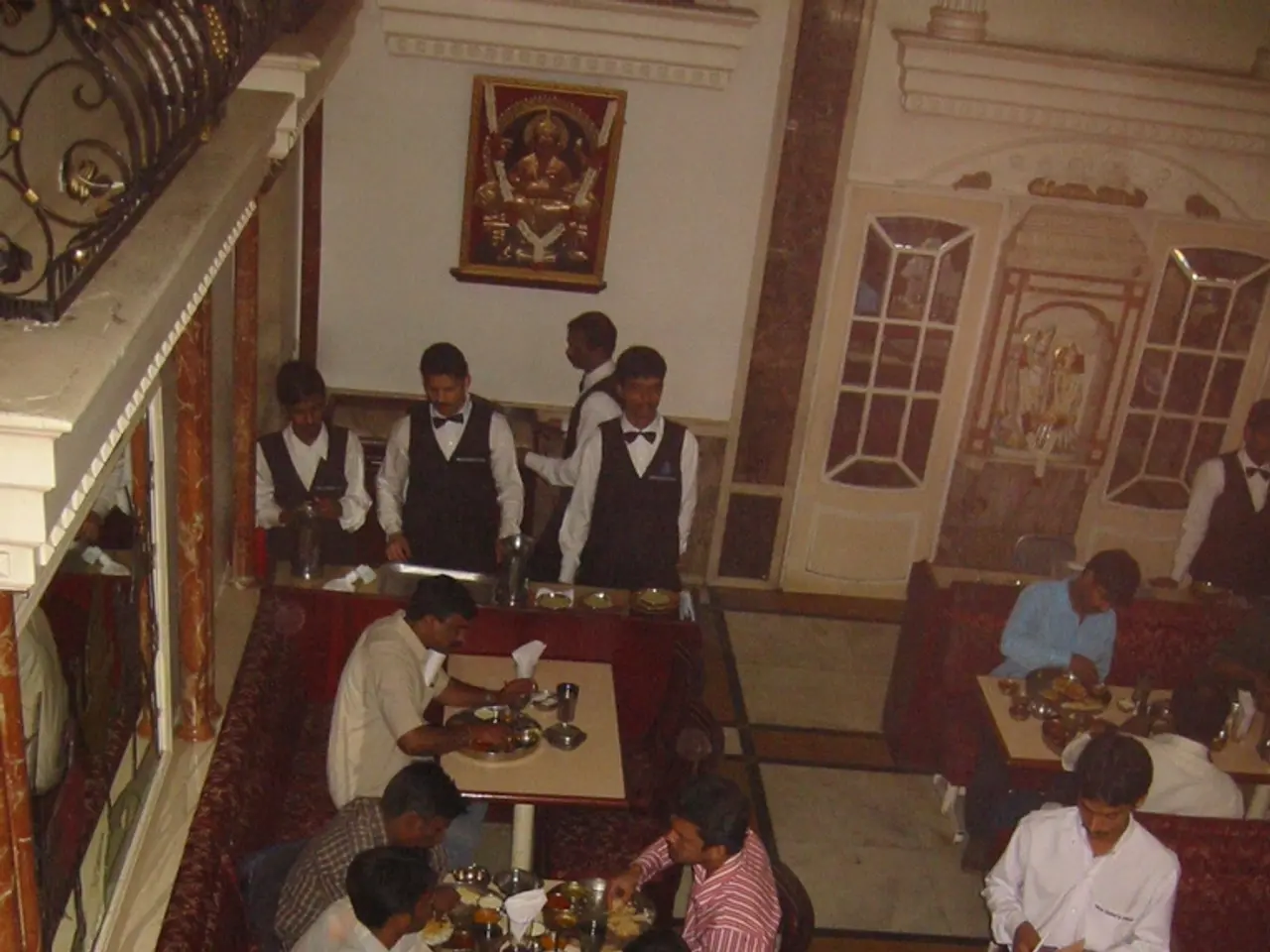Forging bonds through mutual culinary experiences
The Carol White Family Centre, an intergenerational centre that supports refugee families, is recognised for its unique approach in helping newcomers feel valued, supported, and connected within their new environment. While specific practices by educators at the centre are not publicly disclosed, it is known that they focus on creating a sense of belonging through shared experiences, everyday opportunities, and communal food preparation.
Educators at the centre, such as Robyn Gerrity and Liana Hardjabuntara, understand the importance of fostering a sense of belonging. They achieve this by organising group activities that encourage interaction and mutual understanding, like storytelling, cultural celebrations, and collaborative projects. Everyday opportunities, such as school drop-offs, workshops, and casual meetups, are also utilised to engage families in routine tasks and social interactions that help build trust and familiarity.
One of the centre's most distinctive features is the communal food preparation activities, where families cook and share meals together. These activities foster cultural exchange, cooperation, and a sense of community. Impressive examples of this can be seen in the children's culinary skills, with some demonstrating the confidence and dexterity of MasterChef contestants when chopping vegetables or operating pasta machines.
Robyn Gerrity, an educator at the centre, believes that the children bring their ancestors with them and that the centre's focus is on the children's interests in the present moment. She emphasises that each new family member is a unique individual, and their presence is exciting. Liana Hardjabuntara, another educator, stresses the importance of developing trust between the children and educators, and she mentions that the sense of belonging at the Carol White Family Centre is a continuous, everyday process.
The centre's operations are supported by the Marsden Fund Council from government funding, managed by Royal Society Te Apārangi. The centre provides a safe place for children's belongings when they are not present, and office spaces sometimes serve as a safe place for children's objects. Liana Hardjabuntara also mentions that children often become attached to objects at the centre, like a doll, and may want to take them home.
The development of a sense of belonging at the Carol White Family Centre is a gradual process that requires time and patience. Refugee families at the centre have taken advantage of the opportunities provided, contributing to the centre's success. If you need precise details about the Carol White Family Centre's particular methods, I recommend consulting their official resources or contacting them directly.
This article about the Carol White Family Centre was published by Referencing Hub media.
Educators at the Carol White Family Centre, such as Robyn Gerrity and Liana Hardjabuntara, integrate food-and-drink activities, like communal cooking and sharing meals, into their education-and-self-development programs to foster a sense of belonging and promote cultural exchange among refugee families. The centre also organizes group activities that encourage interaction and mutual understanding, reflecting their unique lifestyle approach in supporting newcomers.




